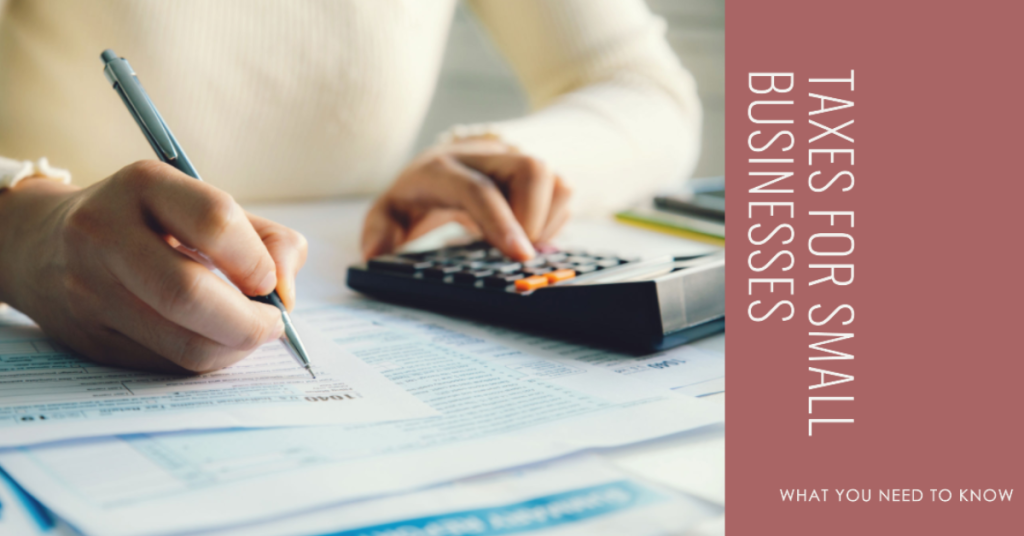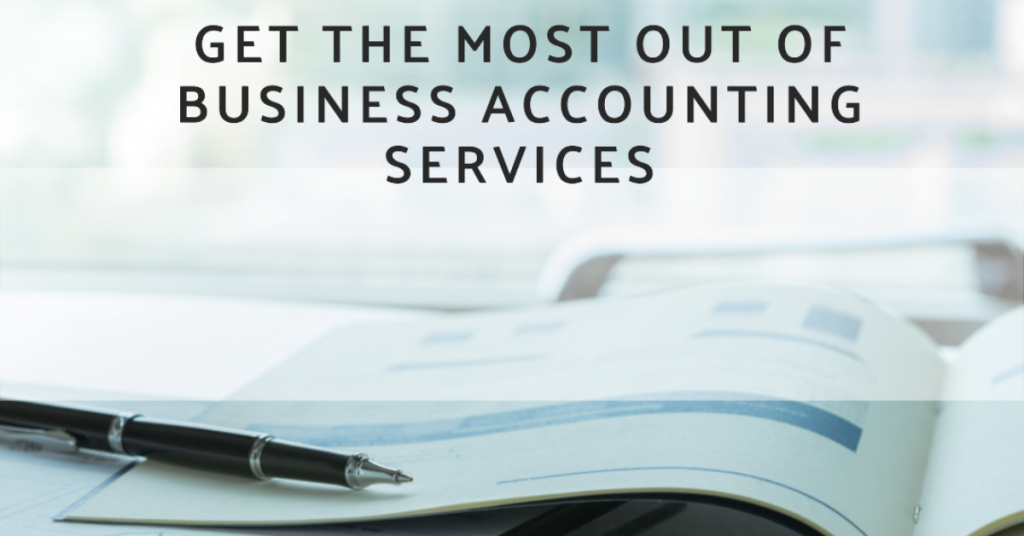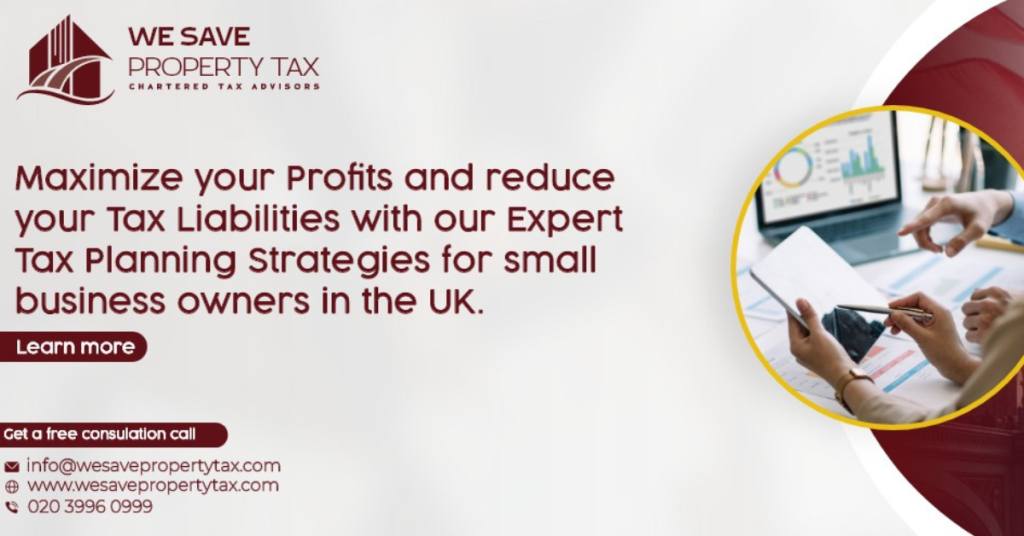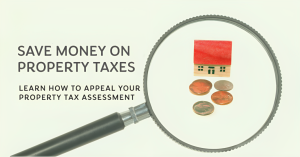Tax Advice for Small Businesses
Are you a small business owner looking for tax advice for small businesses? We get it. Tax season can feel overwhelming even for seasoned entrepreneurs, let alone those just starting out. It can be hard to keep on top of the thousands of rules and regulations that apply to your business when you’re juggling other tasks and trying to stay competitive.
That’s why we are here to help. In this article, we’ll provide you with some tax advice tailored specifically for small and medium-sized businesses (SMEs). From deductions to filing deadlines, we’ve got you covered. We’ll also provide practical tips on how to stay organized throughout the year so that filing taxes isn’t as daunting as it sounds. Ready? Let’s figure out how to make tax season easier for your SME!
Get the Right Support for Accountancy Services for Small Businesses

If you’re new to running a small business, navigating taxes can seem like a daunting prospect. Luckily, getting the right help for your tax needs early on can save you time and money in the long run.
The first step is to find an experienced and trustworthy accountant or tax adviser who has experience with small business taxes. They will be able to provide valuable advice and expertise, as well as guide you through the process of filing taxes accurately and on time.
When it comes to choosing the right advisor, there are several things you should look for:
- Make positive they’re qualified, licensed, and insured.
- Ask them questions about their experience working with small business freelancers or entrepreneurs.
- Check if they offer any additional services that could benefit your business, such as corporate accounting or financial planning.
- Research any customer reviews or testimonials so that you can make an informed decision about who to hire.
Getting the right support from an experienced tax advisor will ensure that everything runs smoothly when it comes to your taxes and will help reduce stress in an area that can be confusing for many SMEs.
What Taxes Do Small Businesses Need to Pay?

Most small businesses are liable to pay various taxes, depending on their type and location. On Google, you may find various queries searching for “small business accountant near me.” In general, the taxes that you need to stay up-to-date with include:
Income Taxes:
Most SMEs will need to pay income tax (or corporation tax) on their profits each year. This applies to all companies that are registered as sole traders, partnerships, or limited companies.
VAT (Value Added Tax):
If your business’ taxable turnover is above a certain level, you will also need to register for VAT. At this point, you must charge your customers VAT on the goods or services that you sell and then pay the VAT collected to HMRC.
Employment Taxes:
If your business hires employees, you will have additional obligations when it comes to paying employment taxes. These include the employer’s National Insurance contributions as well as PAYE (pay-as-you-earn) payments for staff salaries and wages.
Business Rates:
Businesses that occupy the property must also pay business rates in addition to their other tax obligations. The amount of business rates payable depends on the size of the premises and its geographical location.
Each tax comes with its own unique set of rules and regulations, so make sure you research these thoroughly in order to comply with all relevant legislation regarding taxation for your small business.
Tax Advice for Small Businesses Getting the Most Out of Business

If you’re a business owner, chances are you want to get the most out of your business accounting services. Here are some tips and tricks to make sure you don’t get stuck in a tax rut.
Do Some Research
Researching the different tax tools and services available can help you decide which one is best for your business. Knowing your options will also give you a good indication of the cost involved, giving you an indication of whether or not it’s worth it.
Use Tax Preparation Software
Using tax preparation software is a great way to make sure that everything is up-to-date and ready to go when it comes time to do your taxes. It can help ensure that all of your information is accurate and that nothing gets missed.
Take Advice of Financial Advisors
Utilizing the services of financial advisors can make all the difference when it comes to understanding complex regulations and filing correctly, especially if this isn’t one of your strong points. Having an expert on hand can save you both time and money in the long run.
Make Use of Deductions
Making use of deductions can reduce your overall tax bill, so it pays—literally—to do your homework and look for any deductions that may be available to you. You may be surprised at what kinds of things qualify as deductions; anything from office supplies to charitable donations could net you a significant chunk come tax season!
How to Efficiently File Taxes
Taxes are one of the few certainties in life, but that doesn’t mean you have to get stuck when it comes to filing them. Knowing a few tips and tricks can help make filing taxes more efficient for your small business.
Understand Tax Requirements
It’s important to understand what’s required of a business in terms of tax filing. This includes understanding when taxes are due, knowing the tax return forms applicable to your business, and understanding which deductions can be applied. Knowing this information upfront can save time and money when it comes time for filing.
Know the Deadlines
Filing taxes on time is critical for avoiding late fees, so it’s important to familiarize yourself with specific filing deadlines. Generally speaking, most businesses will need to file taxes quarterly or annually depending on their circumstances. Make sure you’re aware of all pertinent dates so you don’t miss any deadlines.
Use a Software Tool
Calculating taxes manually can be both tedious and time-consuming. Utilizing an online software tool like the one offered by our brand allows for fast and accurate calculations, which helps save time during busy seasons. Such tools also simplify taxpreparation,n making it easier to complete returns quickly and accurately—which means more time saved!
Knowing these basic rules of thumb can help reduce some of the stress associated with filing taxes—and help ensure that your small business is compliant during every part of the process!
Conclusion
In conclusion, staying on top of your taxes as an SME is essential in order to avoid financial headaches and legal issues. Obtaining advice from an experienced accountant or tax adviser could be valuable, especially when considering all the complex tax rules that a small business may be subject to. Therefore, you must look for professional accountancy services for small businesses.
Unlock Success with Expert Tax Advice for Small Businesses – Your Path to Financial Excellence Starts Here. Call now at 0203 9960 999 or email us at info@wesavepropertytax.com to Secure Your Financial Future!









